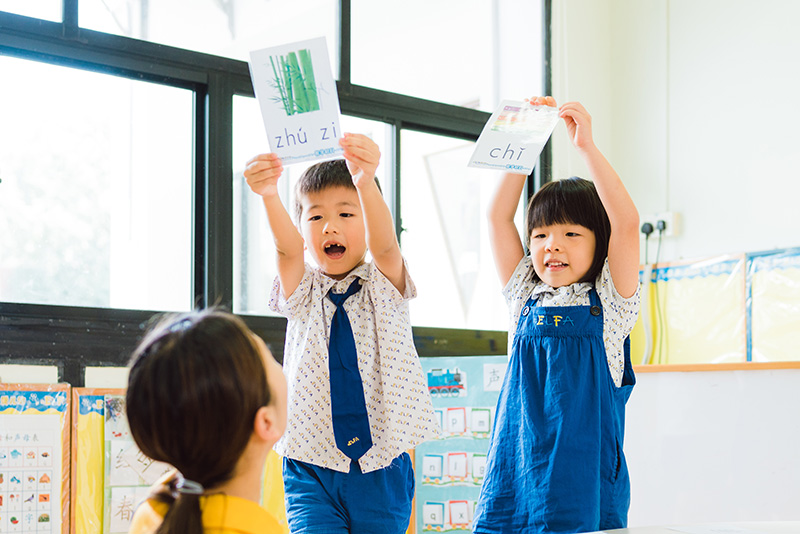Learning via play is essentially about gaining knowledge while having a good time. It helps children learn about the world via indoor and outdoor play-based learning activities. East coast preschool digital learning effectively prepares kids for school in an environment where they thrive academically, socially, and emotionally. The convenience, affordability, and accessibility of online preschool programs have made them a popular choice for many parents.
Free Of Cost
Adults often don’t keep close tabs on the kids during free play. Your child’s imagination, inventiveness, and spontaneity will flourish in an unstructured, free-play environment. Children are intrinsically motivated to learn about and enjoy the world around them due to their curiosity, love of exploration, and enthusiasm to try new things.
Free play allows for various activities, including but not limited to utilizing playground equipment, climbing trees, playing with sand, and using building blocks, dolls, clay, crayons, and paper.
Helping Hands
On the other hand, directed play entails parental or educational guidance during playtime. Research on play and academic learning suggests that teacher-directed play activities may aid academic learning in various subjects, including reading and arithmetic.
Teacher-directed play in early education settings like kindergartens, daycares, and preschools may benefit kids’ overall growth and development. Learning to get along with others, follow the rules, and look out for people’s feelings are all skills they work on.

Both parents and preschool educators may join in on the beneficial effects of learning via play. You may use pre-made games or cooperative play with your preschooler to achieve this goal.
Varied Educational Experiences
In preschool, kids to many learning styles, including visual, auditory, and kinesthetic. It may help parents and educators better understand the contexts in which their children learn best, allowing them to give the most effective learning support in the future.
Intelligence And Fluency In Speech
Children pick up on new vocabulary and become more comfortable with everyday expressions like “hello” and “goodbye,” as well as “snack time” and “tell time.” Teachers will initiate conversations with pupils by asking them questions.
Boosts Assurance
Your child’s self-esteem will rise if he achieves the goals of a game or activity while playing.
They believe in giving every child a voice and recognizing their progress by giving them progressively more challenging tasks as they age.
Improves One’s Capacity For Interaction
Children learn to speak and interact with others through play. When your kids engage in stimulating and developmentally appropriate space, they will be motivated to share their thoughts and feelings with their peers and teachers.
Children may pick up new vocabulary in two ways: by paying attention to the teacher’s instructions and absorbing words that are adapted to a specific learning environment and by picking up words on their own while playing.
Inspires One To Use One’s Imagination
In many situations, there is no one right way to react. In today’s society, kids think creatively about using everyday objects or taking on additional duties.
By trying various approaches, they develop their innovative thinking skills and see the potential impact of their ideas on the world.